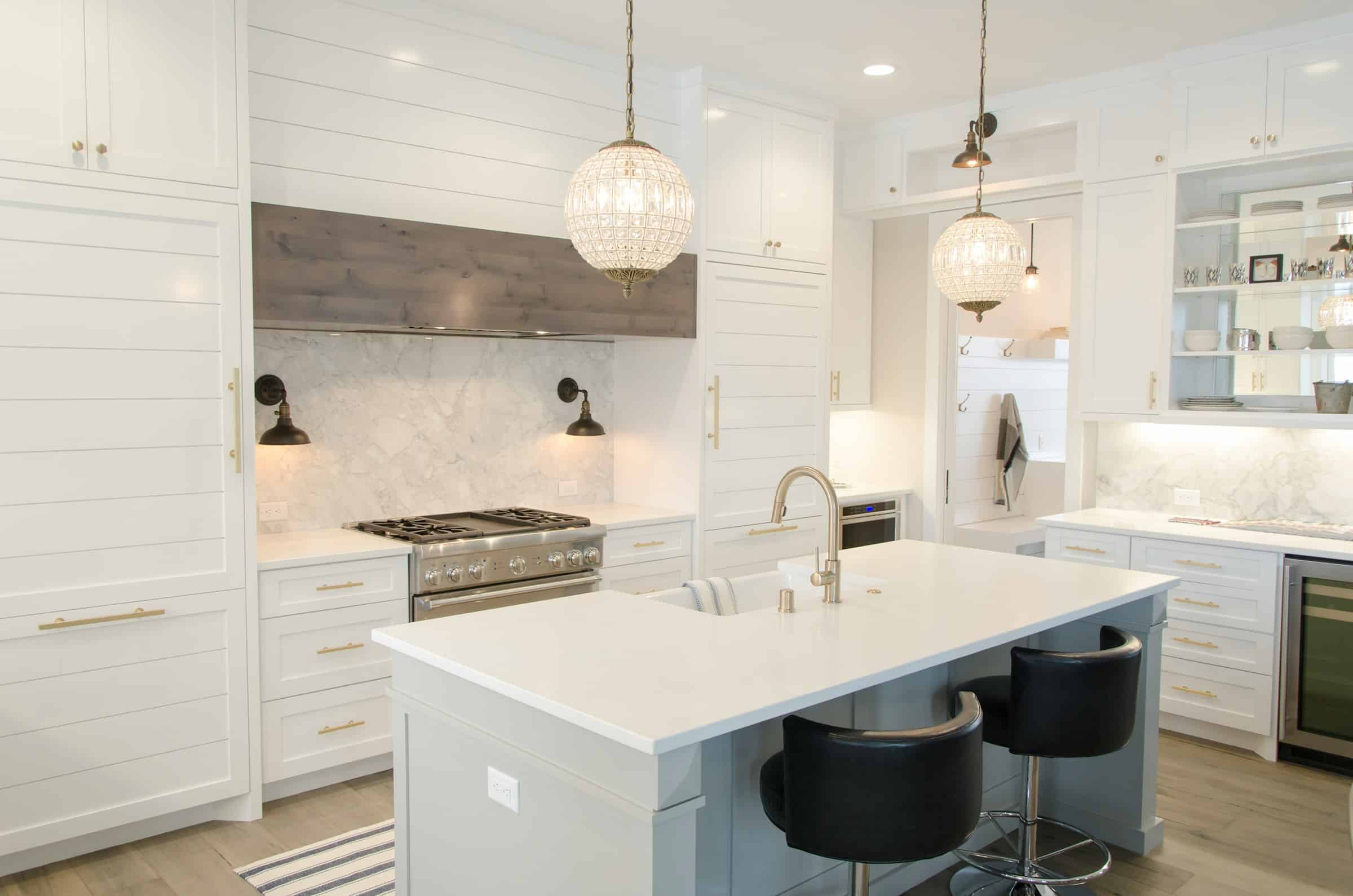What’s the Best Strategy for Designing an Eco-Friendly Guest Room?

In today’s world, the concept of sustainability has become a major player in various industries, changing the way businesses think and operate. The hospitality industry is no exception. The demand for more sustainable practices and eco-friendly environments is at an all-time high with guests preferring to stay in green hotels that care about the environment. So, how can hotels transform their guest rooms into eco-friendly havens? Let’s explore some strategies that can help reduce environmental impact while offering guests a comfortable stay.
1. Embrace Energy Efficient Practices
Energy consumption is one of the major environmental concerns in the hospitality industry. To tackle this, hotels should shift towards using energy-efficient practices in the guest rooms.
Sujet a lire : How to Choose the Right Insulation for a High-Humidity Climate?
Swap incandescent light bulbs for LED or CFL alternatives which consume lesser energy and have a longer lifespan. Invest in Energy Star-certified appliances like air conditioners, refrigerators, and televisions. These not only draw less electricity but also generate less heat, hence reducing the need for constant air conditioning.
Consider integrating a smart system into your hotel rooms. This technology will allow control of the lighting, temperature, and other electronic devices, ensuring they are only in use when necessary. It’s a more sophisticated way to manage energy usage without compromising on guests’ comfort.
Lire également : How Can You Implement a Smart Sprinkler System to Maintain a Lawn Efficiently?
2. Opt for Sustainable Building Materials and Furnishings
Next, it’s time to think about the physical aspects of the room. Selecting sustainable building materials and furnishings plays a significant role in your eco-friendly endeavors.
Instead of going for synthetic carpets and non-renewable materials, opt for natural and recycled materials. Bamboo, for example, is a great eco-friendly material for flooring and furniture due to its rapid growth rate. Try using recycled metal or plastic in the construction or decor of the rooms.
Furniture pieces made from reclaimed or sustainably-sourced wood also make a great choice. Not only will they enhance the aesthetics of the room, but they also tell a tale of your commitment to the environment.
3. Promote Water Conservation
Water conservation should be a top priority in designing an eco-friendly guest room. You can achieve this by installing low-flow showerheads and faucets, dual-flush toilets, and water-efficient washing machines for laundry. Such fixtures significantly reduce water usage without compromising on guests’ experience.
Another strategy is to encourage guests to participate in your water conservation efforts. A simple reminder to reuse towels and bed linens can help save a large volume of water that’s usually consumed in daily washing.
4. Implement a Waste Management Plan
Waste generation is an inevitable part of the hotel industry. However, how you manage it makes a difference. Implementing a proper waste management plan not only reduces the environmental impact but also promotes sustainability.
Start with placing recycling bins in the rooms, clearly marked for different types of waste like paper, plastic, and organic. This will encourage guests to segregate their waste, making recycling easier.
Consider partnering with local recycling companies that can properly dispose of or repurpose the recyclable waste. For organic waste, composting could be a viable option. It not only reduces the amount of waste going into landfill but also provides nutrient-rich soil for your hotel’s green spaces.
5. Use Eco-Friendly Cleaning Products
The use of harsh chemical cleaners is widespread in the hospitality industry. However, these products are harmful to both the environment and human health. Switching to eco-friendly cleaning products is an easy and effective method to reduce these harmful effects.
Opt for cleaning products that are biodegradable, non-toxic, and made from natural ingredients. Not only do they offer the same level of cleanliness and sanitation, but they also significantly lessen water pollution.
Moreover, using these products sends a strong message to your guests about your commitment to environmental sustainability. It’s a small step that can go a long way in managing your hotel’s environmental footprint.
The road to sustainability in the hospitality industry is a continuous journey. By integrating these strategies into your guest room design, you will make a significant stride towards creating a more sustainable and eco-friendly establishment. Remember, not only are these efforts beneficial for the environment, but they also resonate with today’s environmentally-conscious travelers, potentially giving you a competitive advantage.
6. Incorporate Green Practices into In-Room Services
The in-room services such as the minibar and room service can also contribute to a greener guest room. Instead of offering plastic bottled water, consider providing filtered tap water in reusable glass bottles. This will help to reduce the carbon footprint associated with plastic production and recycling.
For the minibar, consider sourcing locally made snacks and beverages. This not only supports the local economy, but it also reduces carbon emissions associated with transporting goods from afar.
When it comes to room service, incorporate a policy that discourages waste. For instance, you could offer guests the option to order half-portions or share meals. This will help to curb food waste, which is a major issue in the hospitality industry.
All these changes might seem minor, but they all contribute to creating a more eco-friendly hotel experience.
7. Introduce Indoor Plants
Introducing indoor plants in guest rooms is another effective strategy towards a more sustainable hotel. Plants not only improve the ambiance of a room but also have numerous environmental benefits. They absorb harmful toxins and emit oxygen, improving the air quality in the room.
Guests can enjoy a greener, fresher environment that’s beneficial to their health. Consider opting for low maintenance, air-purifying plants like snake plants, spider plants, or peace lilies. This small touch can greatly enhance guests’ perception of your commitment to environmental sustainability.
Ensure to use organic, pesticide-free soil for the plants to maintain the eco-friendly atmosphere.
Conclusion
Designing an eco-friendly guest room requires a comprehensive strategy that tackles various aspects from energy usage, water conservation, waste management, to the choice of materials and cleaning products. These strategies not only lessen the environmental impact but also provide guests with a healthy, comfortable stay.
In the wake of growing environmental concerns, adopting sustainable practices in the hotel industry will not only resonate with the eco-conscious guests but also give hotels a competitive edge. It’s a proactive approach towards a sustainable future, contributing to the global effort of reducing carbon emissions and preserving our environment.
Moreover, it’s important to remember that achieving sustainability is a continuous process that requires ongoing efforts and adjustments. Every step taken towards sustainability, no matter how small, makes a significant difference. The key is to start somewhere and keep striving for improvement.
Creating an eco-friendly hotel is not just about responding to market demands. It’s about taking responsibility for the hotel’s environmental impact and making efforts to reduce it. It’s not just good for business; it’s the right thing to do.
